
Here, we bring you our top four recent news articles, covering the cannabis and hemp beverage industry trends, cannabis hyperemesis syndrome, and research studies on brain function after cannabis use and on cannabis for inflammatory bowel disease.

Here, we bring you our top four recent news articles, covering the cannabis and hemp beverage industry trends, cannabis hyperemesis syndrome, and research studies on brain function after cannabis use and on cannabis for inflammatory bowel disease.

Researchers analyzed data in a recent study, looking to examine how various levels of cannabis use effects brain function.

The study measured children’s exposure to in-home cannabis smoke through biomarkers in urine samples.

The survey analyzed responses from CBD users and non-CBD users on their symptoms and quality of life.

In a special Roundtable discussion, the Veterans Action Council (VAC) invited Dr. Ethan Russo to discuss this syndrome, its growing prevalence, research, potential dangers, and possible solutions.
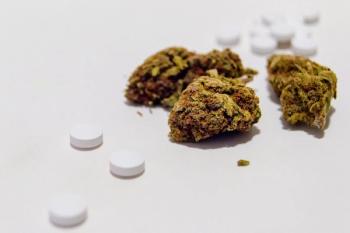
In this research overview, Ruth Fisher, PhD, explores how cannabis has shown promise in helping individuals reduce opioid use, potentially decreasing overdose deaths. Though its impact on chronic pain and opioid reduction remains evident, limitations exist and flaws in methodologies in ecological studies complicate conclusions.
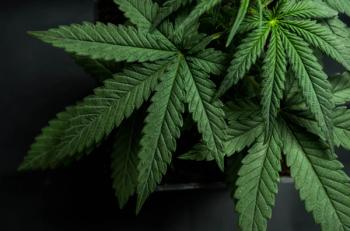
The Marijuana Policy Project examined national and state-level data on percentages of student cannabis use before and after cannabis laws were enacted.

It’s that time of year again—the Cannabis Science and Technology (CST) top 10 articles from the previous year. CST published a wide variety of content throughout 2024. Here is just a small snippet of some of the top articles that our readers enjoyed. See if any of your favorites made the list!

The study analyzed data from three adult age groups on daily or near daily cannabis and alcohol use.

As we begin the year 2025, let’s review the most popular trends and topics in webinars covered by Cannabis Science and Technology in 2024.

A nationally representative survey revealed adolescent cannabis use trends for 2024.

The December webinar from Healer featured several studies on various conditions treated with medical cannabis.

A study involving older adults revealed correlation between CBD use and health issues.
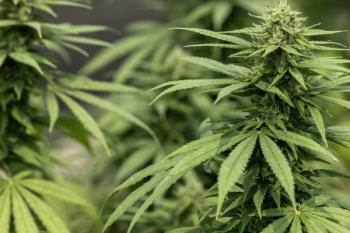
The study aimed to evaluate short-term, repeated use of low dose CBD and intense exercise.

Researchers examined a half-dozen medical records involving CBD used to treat THC toxicosis in dogs.

A recent review explored the connection between ADHD symptoms, cannabis use, the ECS, and potential therapeutic effects.

A recent study explored cannabis use and age-related cognitive decline in men, taking into account first use of cannabis and usage frequency.
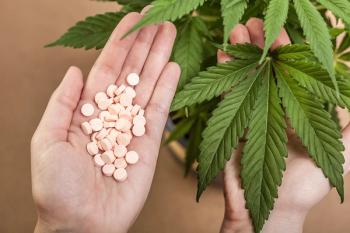
A New Zealand study aimed to assess cannabis use as a harm reduction tool. Findings highlight lifestyle factors, and suggest cannabis-focused harm reduction strategies in reducing other substance use such as alcohol.
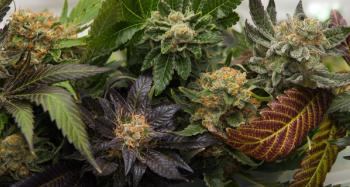
Here, Scott Mazza, Founder of Vitality CBD, provides an overview on the potential benefits of minor cannabinoids including cannabinol (CBN) and cannabingerol (CBG).

In this segment of the cultivation education series, Adam Jacques and Zacariah L. Hildenbrand delve into croptober and the complexities that arise with outdoor, hybrid, and indoor cannabis cultivation.

The second part of this column will take a look at specific examples in the public domain of elemental contamination of cannabis consumer products, which shows that other elements are worthy of consideration and should be a part of the regulatory framework.

The five-year study will be supported by a $2.2 million grant from the National Institute of Drug Abuse.

The researchers point out that it is important for clinicians to ask about CBD use to better advise patients and prevent potential drug interactions.

Researchers shared their latest research on the fungus that is a threat to seeds and crops across the nation.
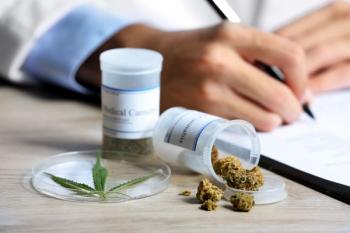
Overall, the survey revealed that people with chronic pain supported policies expanding medical cannabis access more than physicians.